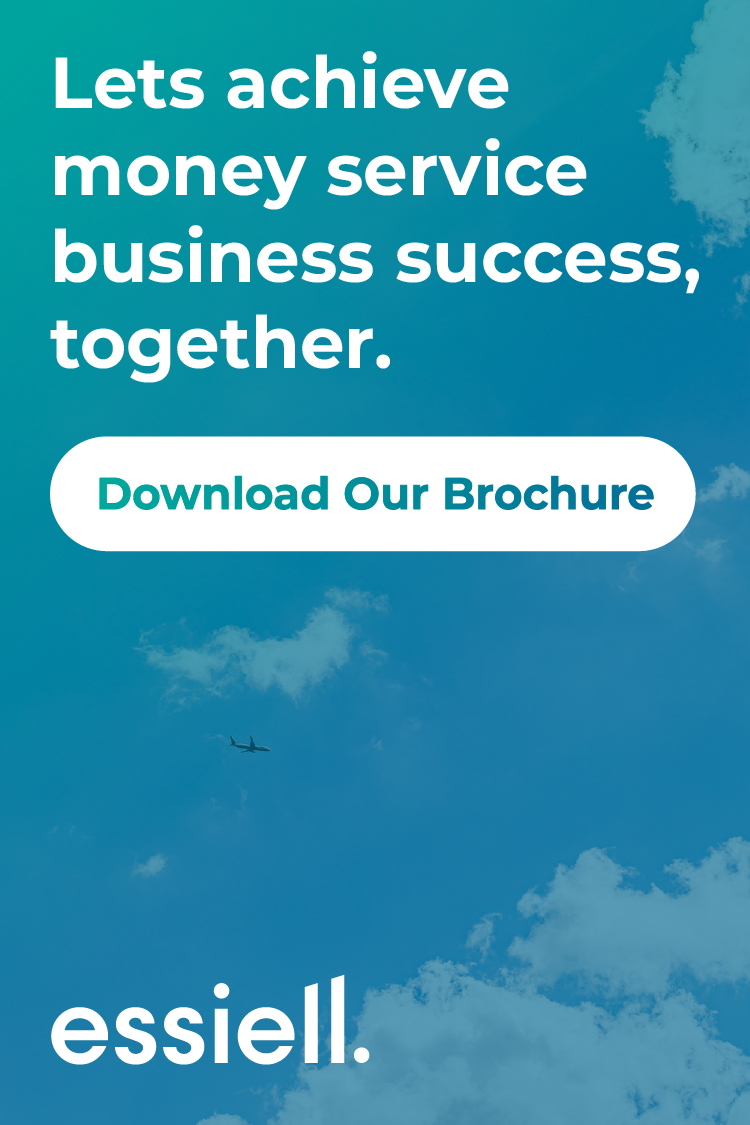Overseas travel remains high on the list of discretionary spends. Everyone loves a vacation when everything goes to plan. Indeed, planning is part of the pleasure. And while horror stories will entertain your friends later, no one likes a nightmare – especially when it’s about money.
Think ahead
Most people budget what they’ll spend on vacation, so problems don’t usually come from how much. Instead, it’s usually the way we carry money:
- on a prepaid card: good for security,
- on a regular bank or credit card: convenient but potentially risky, or
- as cash: always practical – in many destinations, it’s the preferred choice, either because electronic payment may not seem secure or because cash is what’s expected locally.
Many travellers will adopt a mix but only the unwise travel without cash, which is just easier in so many small to medium transactions.
Where to buy travel money?
For many, buying foreign currency has been left to the departure airport or in-destination. That’s convenient, but both are typically expensive due to poor exchange rates and additional service fees. A recent article in finder.com.au, for example, highlights how currency exchange in-destination is generally less favorable compared to pre-travel arrangements. The warning to consumers is clear: buying before you go is almost always the best option.
However, historically banks and credit unions have struggled to do much better. In the past many have relied on customer inertia and consider them to be a captive market. It’s been hard for consumers to get a good deal.
Many financial institutions can be more competitive.
The consumer expects more: better rates, better service and greater convenience. So, the landscape of currency exchange is shifting, with banks and credit unions now positioned to adopt more efficient, stress-free, digital solutions.
Increasingly, by integrating in-app services, banks and credit unions can provide their customers with a seamless, cost-effective currency exchange process. But many still hesitate to take the plunge.
What they seek is a way of delivering a competitive service which is attractive to the customer but also causes minimal upheaval when adopted, and is efficient to run. The answers lie in digitization.
A new wave of currency exchange services
Money 4 Travel exemplifies the best of such third party digital services. It’s easily adoptable by banks and credit unions, and requires no significant infrastructure changes. It offers an intuitive interface for both customers and branch staff, making the process of buying foreign currency as simple as a few taps on a smartphone. And everyone loves a reliable click-and-collect service.
Equally importantly, this service can link to the bank or credit union’s usual currency wholesaler, thus benefiting from the more competitive rates associated with volume, while also strengthening the value proposition for the customer.
Stepping confidently into the future
This evolution in currency exchange is not just a win for travelers but a significant stride forward for banks and credit unions, as they to broaden and enhance their service portfolios. And customers remain loyal when they get what they need, conveniently and at good value. What’s not to like?
*Best places to exchange currency in Brisbane, Tim Falk, finder.com.au






